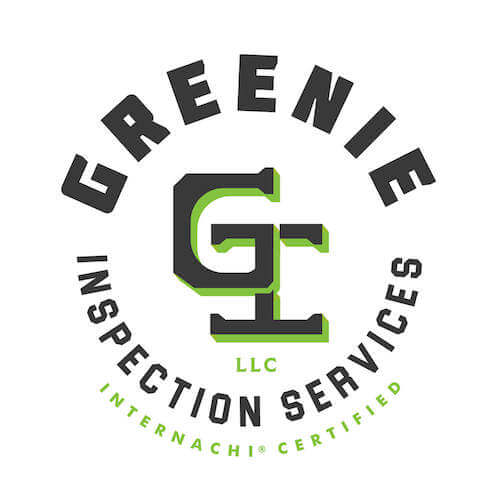Getting a home inspection isn’t just for finding a house’s defects; it’s also there to help buyers avoid repairs or maintenance that could cost more down the road. Buying a new house may be one of the biggest purchases you’ll ever make. Hiring an expert can help ensure that everything goes smoothly for both you and the seller.
What’s in my Report?
A typical home inspection report usually contains an overall assessment of the property’s condition, followed by a list of items that need attention (i.e., repairs). In most cases, if an inspector finds something wrong, it’s usually nothing major. If it is (i.e. hazardous issues like radon or asbestos), your inspector will be sure to bring it to your attention so you can address it immediately.
More often than not, an inspection report is used to asses a home’s value. For example, if you’re charging $100,000 for a home, and needed repairs that added up to $1,000, you could sell it for $90,000 at a fair price. Alternatively, if you’re purchasing a home, a home inspection report can act as a negotiation tool to try to haggle down the price.

Standard – Walk Through+Talk – Thermal – Sewer Line Scope – Septic Systems – Water Testing – Mold – Radon – Pet Friendly – Green Building – Stucco+EFIS – Irrigation – Pool – Pre-Drywall – New Construction – Pre-listing – Aging-In-Place – Home & Building Check-Ups – General Over Site and/or Specific